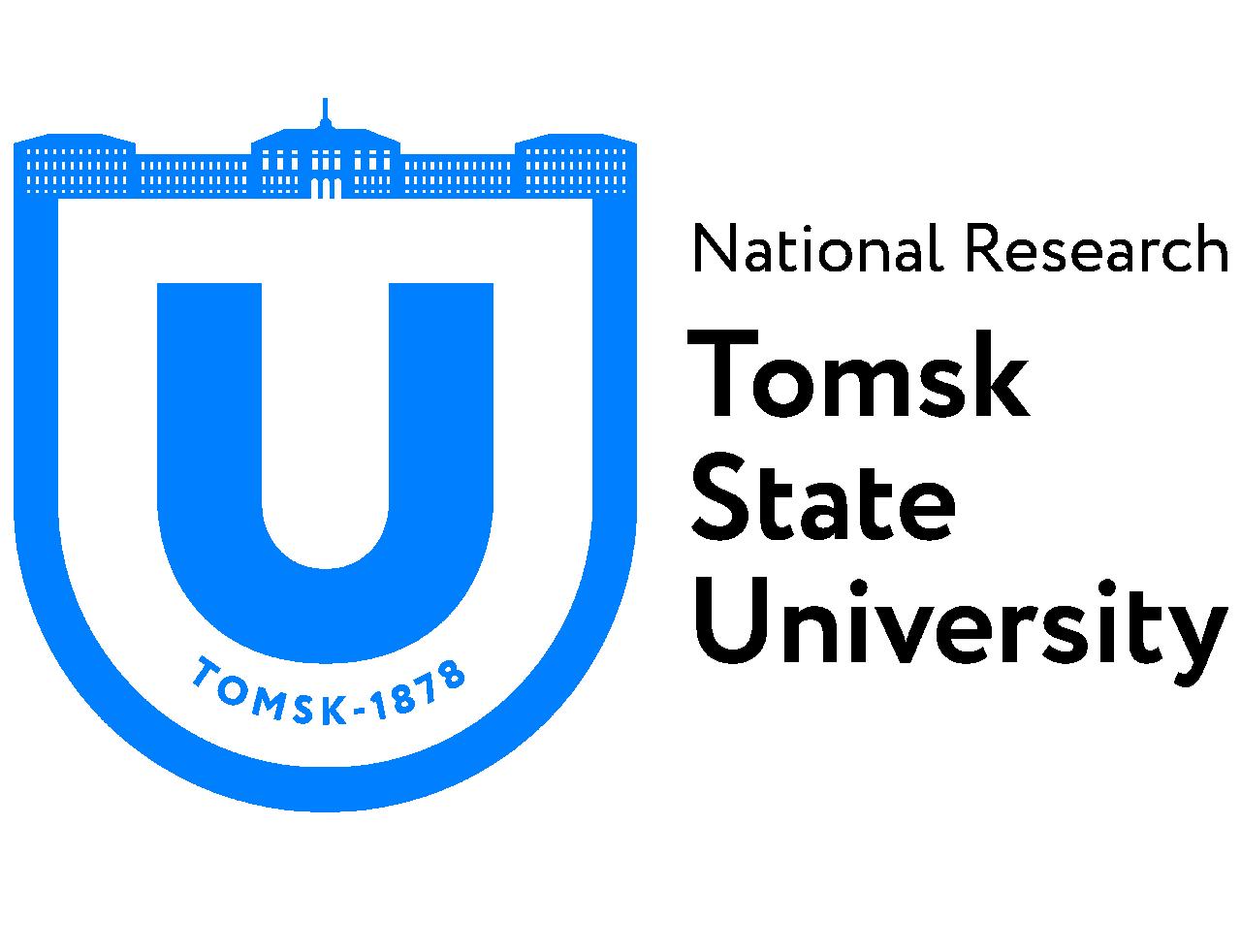Tomsk State University: TSU mathematician is in 2% of the world’s most cited scientists
Nadezhda Bondareva, an early-career researcher at the TSU Laboratory of Convective Heat and Mass Transfer and associate professor at the Faculty of Mechanics and Mathematics, is in the top 2% of the world’s most cited scientists in the ranking created by the Elsevier publishing house in conjunction with Stanford University. Elsevier, one of the largest publishing companies with a database comprising publications by more than 100,000 scientists, released the updated ranking for 2020.
Under the guidance of Mikhail Sheremet, doctor of sciences in Physics and Mathematics and the head of the laboratory, Nadezda Bondareva studies the use of paraffin and fatty acids in civil engineering. She says that when the temperature is right, these materials can accumulate a great deal of energy and protect elements from overheating and rapid temperature change. This field of research at TSU is supported by the grants by various foundations.
“My position in the ranking is one of the measures of my performance, but not the main one. This is a result of a long work that I started during my master’s degree and the support of my scientific adviser and my colleagues in the laboratory,” explains Nadezda Bondareva.
In 2019, Nadezda Bondareva participated in the competition “Golden Names of Higher Education” and was one of the winners in the nomination “Young talents in research and teaching”. In 2020, she received a scholarship from L’Oreal–UNESCO for women in chemistry, physics, medicine, and biology.
The Elsevier–Stanford ranking was analyzed by Egor Zadereev, a biophysicist from Krasnoyarsk and a popular science communicator. His analysis was published by the Russian Academy of Sciences. According to it, the Russian scientists comprise only 0.5% of the ranking but compared to the same ranking for the last 25 years, Russian science is becoming more active. It is also interesting to note that the most renowned Russian scientists are physicists and chemists.

